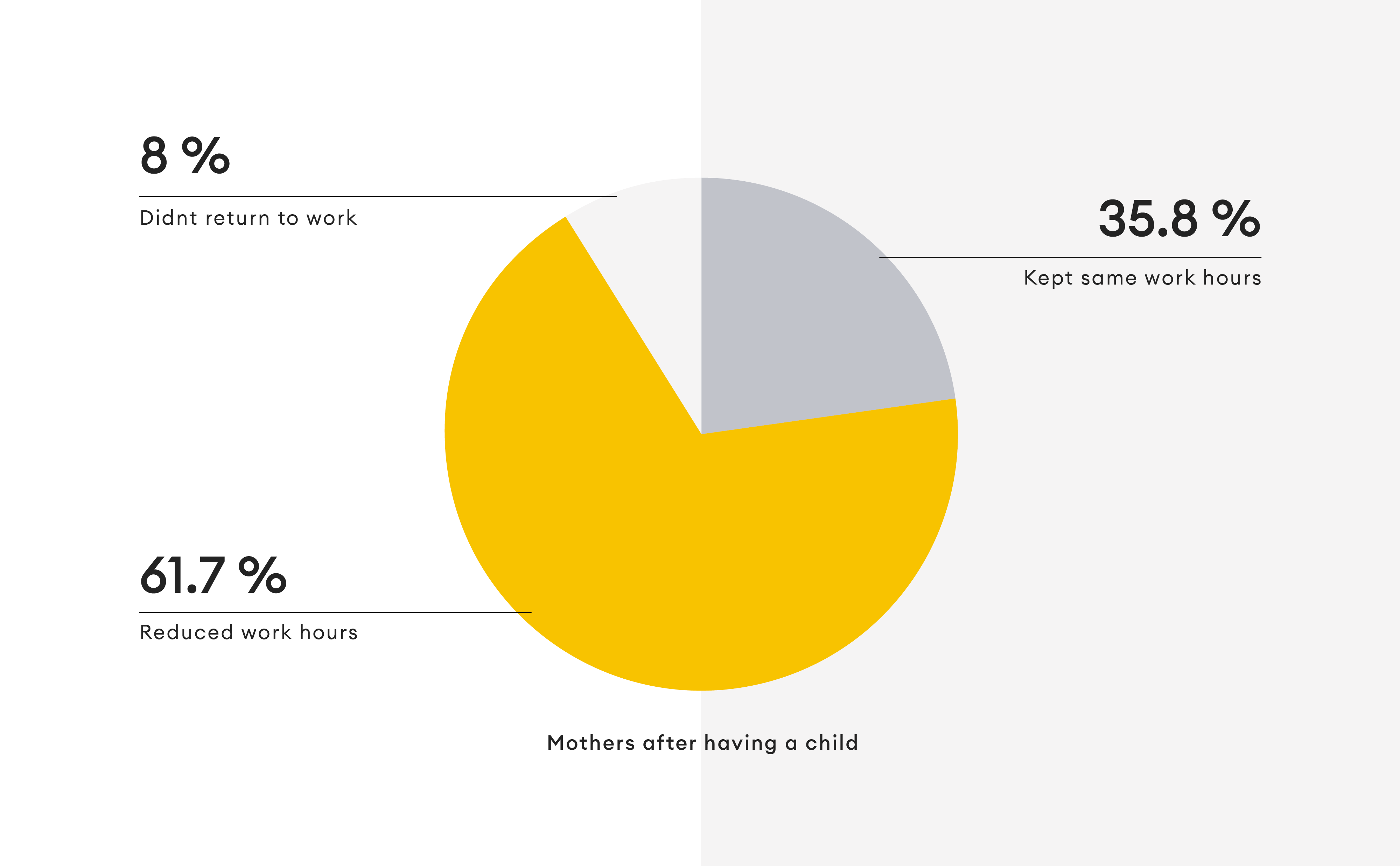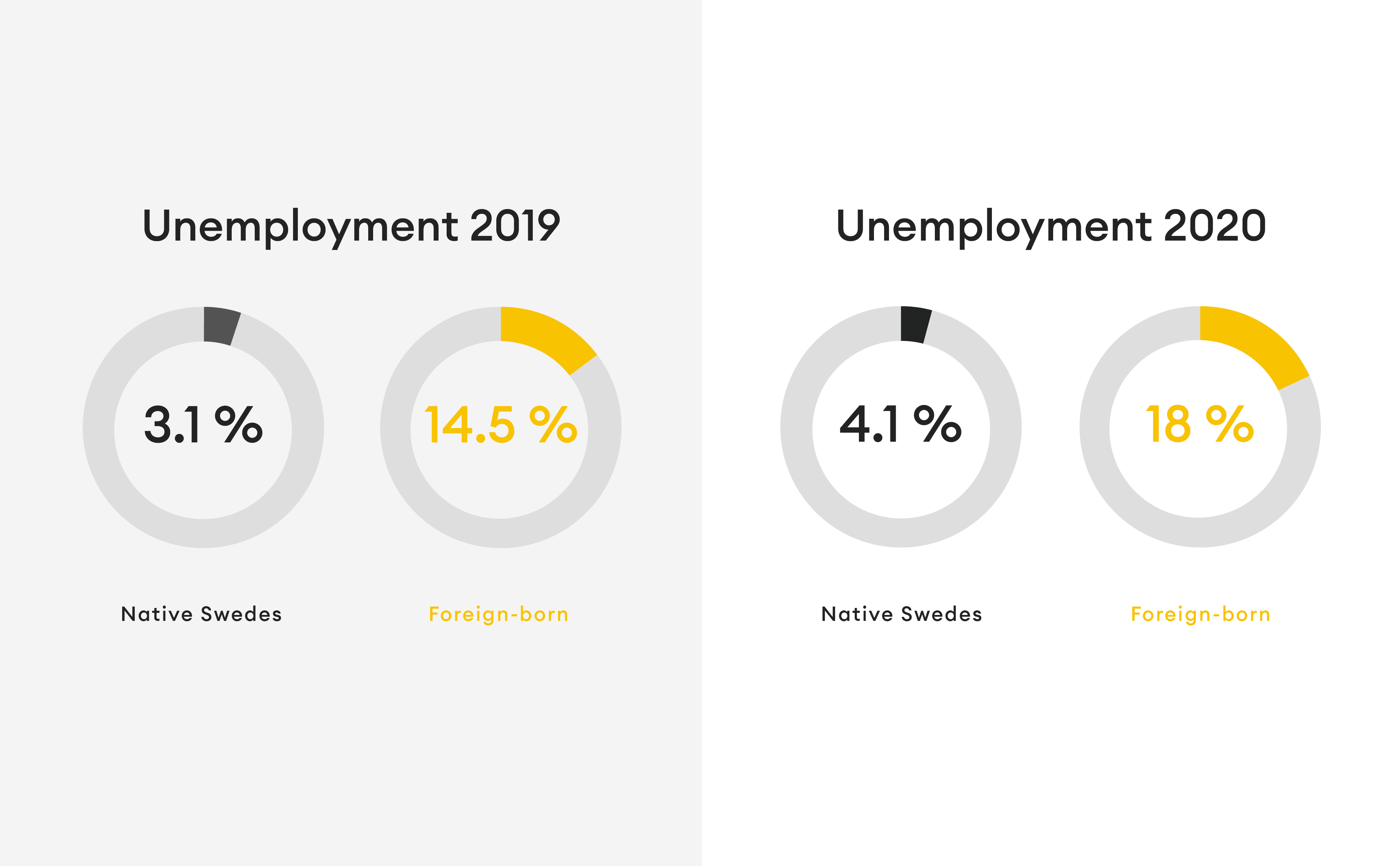Okay, so we ‘know’ how many years of experience we need - how do we assess that on a CV?
Qualifications
Work History
Years of experience
Why do we ask for these? Well, we’re looking for proof. We’re sifting for evidence to create a “yes” pile, a “maybe” and a “no” pile.
Sitting with our 200 CVs and knowing that we need to get to the 4 people we’re going to interview, how do we get there?
We check their credentials - we look at where they’ve worked, where they studied. And what makes us feel comfortable? People who are like us, and people who have nothing that makes us uncomfortable - no miss-spellings, no ‘poor’ jobs and no gaps in employment.
This method of screening is very common, but not very helpful. This is actually the part of the recruitment process where most organizations go wrong. This is where we place our bet on who is likely to be successful, but we do it on very limited information. Years of experience and background says something about a person, but it does not tell the full story.
Why years of experience?
Why do recruiters looking to fill a job look at years of experience? “It’s an old-fashioned metric,” says Head of People, Kajsa Asplund. “Years of experience can and does show that someone has been at a job or a career path, but it can certainly act to the detriment of people who have taken career breaks or taken a change in direction”.
Career breaks and gaps on a CV are often red flags to recruiters; faced with a pile of 200 CVs, says Charlotte Eve, CV expert “Recruiters are looking for easy ways to eliminate candidates - to get that pool down from 200 to 10. Career gaps need to be explained - otherwise employers can make assumptions.”
And, she says, “75% of CVs get screened out by an Applicant Tracking System (ATS). If you have an existing gap, bypass the system by connecting with people who work there, calling the hiring manager and emailing the CV (and covering letter!) directly.”
Career breaks - what effect do they have on women?
In the UK, childcare is prohibitively expensive. Advocacy group Pregnant then Screwed says “almost two-thirds (61.7%) of those [mothers] that return to work either work fewer hours, have changed jobs due or stopped working due to child care costs (8% do not work due to the cost of child care). Over a third (35.5%) of those that return to work, only just break even or make a financial loss due to the cost of childcare” 
Part-time work, or taking breaks, is known to limit the ability to progress professionally. This is more often a problem for women, who, for a variety of reasons, take more professional career breaks for caring responsibilities. Zahara Chowdry, an educational consultant, has experienced this professional barrier - “it can be tricky to justify why you might be looking to go back to the workplace after some time out. It can put you on the back step compared to those who have taken a linear path and remained in the profession.”
Women’s barriers to employment are costing the UK economy £1BN a year. Every year. pwc state pre-covid figures that “this is partially due to the perception among recruiters and employers that having a gap in their CV in automatically associated with a deterioration in skills”
“Automatically” - what’s another word for “automatic assumption”? Bias.
We know that women, People of Colour and BIPOC communities are disproportionately affected by the effects of Covid job losses and redundancies. In Sweden, unemployment has risen during the pandemic, but job losses are disproportionately affecting non-native-born Swedes: unemployment has risen 1% for native-born Swedes - from 3.1% to 4.1%. For non-native-born Swedes, unemployment was already at 14.5% and has risen to 18%.

So, we’re going to be having even more people who are more likely to have CV gaps - and these people comprise groups who are known to face gender, ethnic and racial barriers to accessing work.
Less history, more readiness.
How are we then supposed to differentiate between candidates without getting impacted by information that doesn’t necessarily help us assess their suitability? How on earth are we then supposed to find the needle in the haystack?
We stop relying on CVs which point to gaps but don’t show readiness.
Simply stating 5 years here or there is no real indication of someone’s true ability to start on Monday morning, to be the missing link in your team and to be a truly wonderful hire.
At Alva, we believe in the power of science. Our lead psychometrician, Morgan Pihl, created our logical assessment as well as our Big 5 based personality assessment to make sure that every candidate can be assessed to show their full capability, and to match those characteristics to any type of job role.
What does this all mean?
Stop relying on years of experience as one of your most important metrics in assessing who could be a good hire. Instead, let your recruitment process be powered by the combination of psychology and statistics because it ensures you’re not missing out on amazing candidates who might have a little less experience - but just the right readiness and fit to help your organisation to grow.
When we allow candidates to share with us their skills and abilities, we have a much better idea about who is going to hit the ground running - and stay the course.
By using the power of our Big 5 personality assessment and logic assessment, we are able to let you know who can really do the job - not the person who’s been able to tell the best story on their CV.







